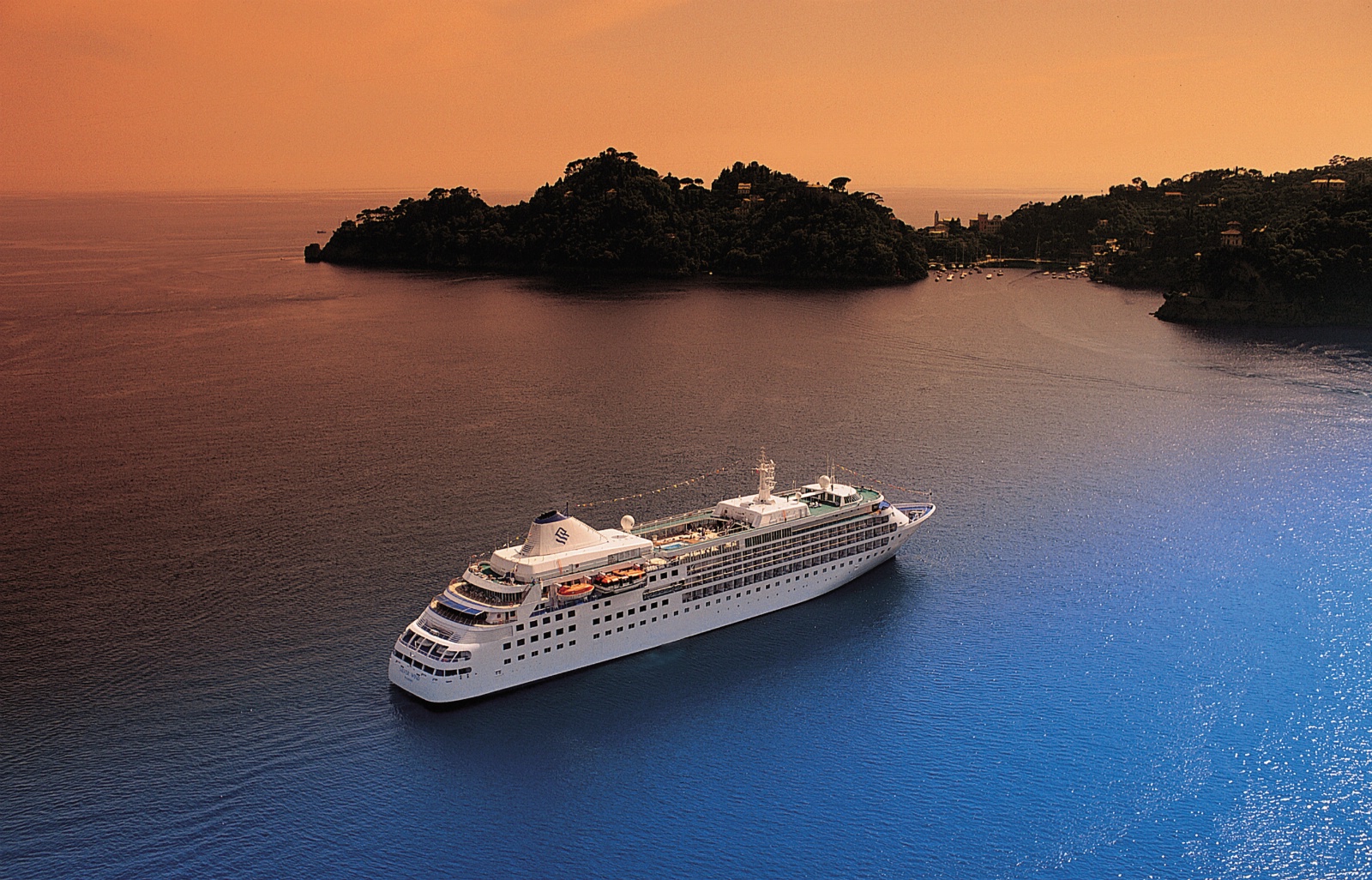Ah, cruising is the life. You’re practically waited on hand and foot. With all of the cool activities on board (IMAX, gambling, facials!) you’re never bored; there’s yummy food galore; and the booze is flowing. But before you leave port, here are a few pointers you should know to avoid getting sick or injured at sea.
Don’t buy health insurance from the cruise line
When you book your trip you may be offered insurance. But it’s probably best to pass, said industry expert Ross Klein, PhD, who runs the site CruiseJunkie.com. While health insurance is certainly a good idea (a medevac can cost more than $100K), ideally you want your insurer to be independent of the cruise line to avoid a conflict of interest, he explains. Check with your own health insurance company to see what expenses are covered abroad. If you need extra coverage, consider short-term supplemental travel insurance. The Centers for Disease Control and Prevention (CDC) offers guidelines to help you select a good policy.
Don’t go without getting your shots
The CDC urges cruisers to make sure they’re up to date on routine vaccines like measles/mumps/rubella, since you’ll be living in close quarters with crew and fellow passengers from countries where these diseases are more common. You should also look up each of the ship’s destinations to check for health alerts, and any additional vaccine or medication recommendations.
Don’t get too paranoid about the buffet
Self-serve meals might give you the heebie-jeebies, but you can trust that the food served on American cruise ships is safe to eat, said Sarah Krieger, MPH, RDN, a nutritionist who specializes in food safety issues. Dishes are held at the proper temperature and consistently monitored. But if you’re worried, Krieger suggests sticking to food that is steaming hot, and skipping food that’s at at room temp, and thus carries a higher risk of pathogens. And needless to say, if something looks bad, steer clear.
But don’t go crazy at the buffet either
The biggest buffet risk, says Krieger, is approaching it like a personal eating challenge: “Food is everywhere on a cruise,” she said, which makes it all too easy to overindulge and come back with extra bulges you didn’t want. Kreiger’s tip: Try to strike a balance between food that’s nutritious (veggies) and food that feeds your soul (ice cream!). For example, Krieger said, if you have Belgian waffles and bacon for breakfast, choose a Caprese salad for lunch, and a lean burger and glass of wine at dinner.
Don’t eat too late at night
It never occurs to you to have a pizza snack after dinner…until you get on a boat. Jimmy Minardi, a personal trainer on Long Island, New York, advises his clients to close the kitchen (so to speak) two hours after the sun goes down.
“Late night eating is the kiss of death. There’s a lot of drinking involved on a cruise and the combination of food and booze basically turns you into a sloth,” he said.
Besides, food digests better when you’re moving around—not when you’re trying to snooze on a heavy stomach.
Don’t drink the water
You’ve heard this before, but if you’re in a developing country, tap water, fountain drinks, freshly squeezed juice, and any beverage with ice in it can make you ill if the water is contaminated.
“As a foreign traveler personally, I’ve been told that Americans are like newborn babies—very fragile bodies when it comes to germs,” Krieger said.
The water on the ship will be safe to drink, but Krieger recommends that when you’re on land, you opt for the safest possible option: bottled sparkling water.


Leave a Reply